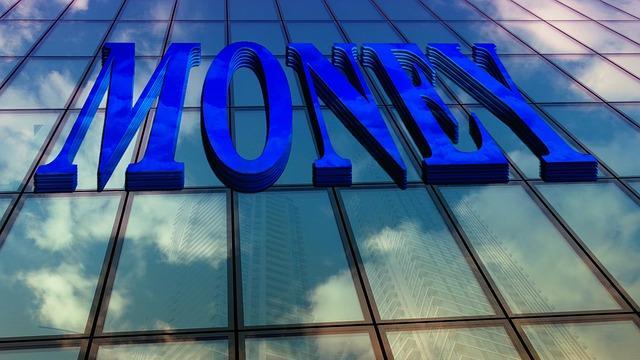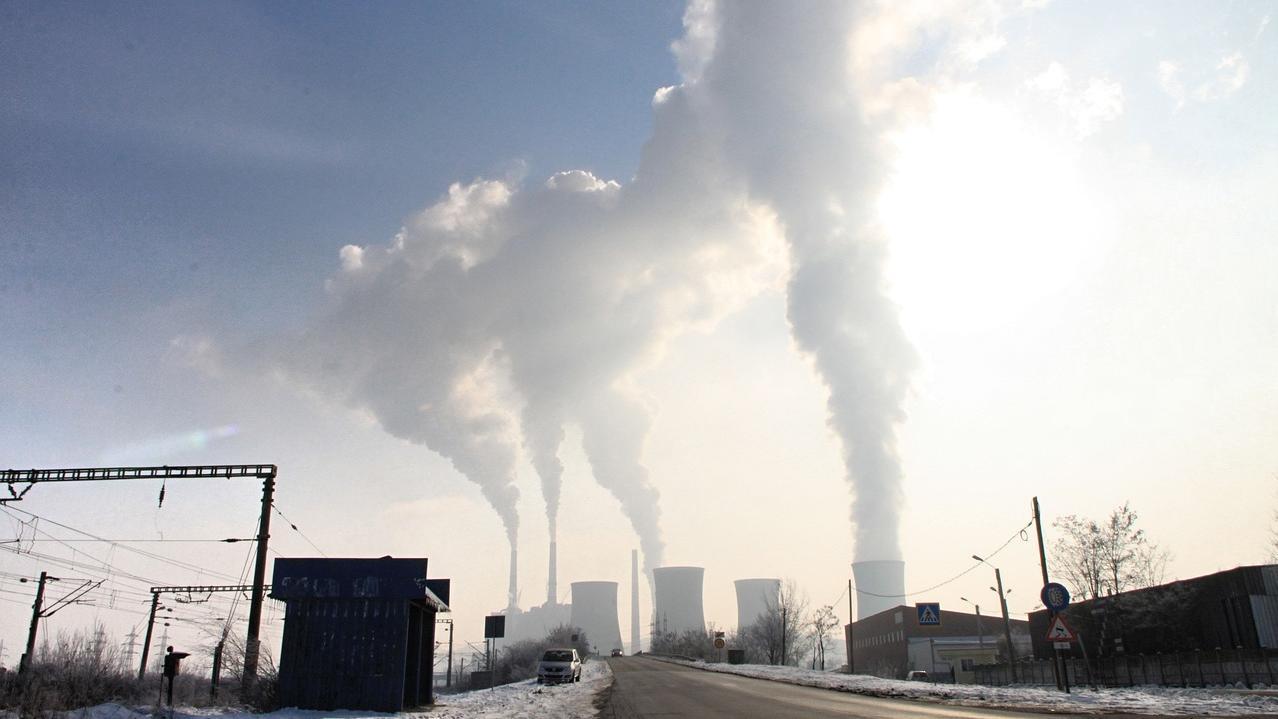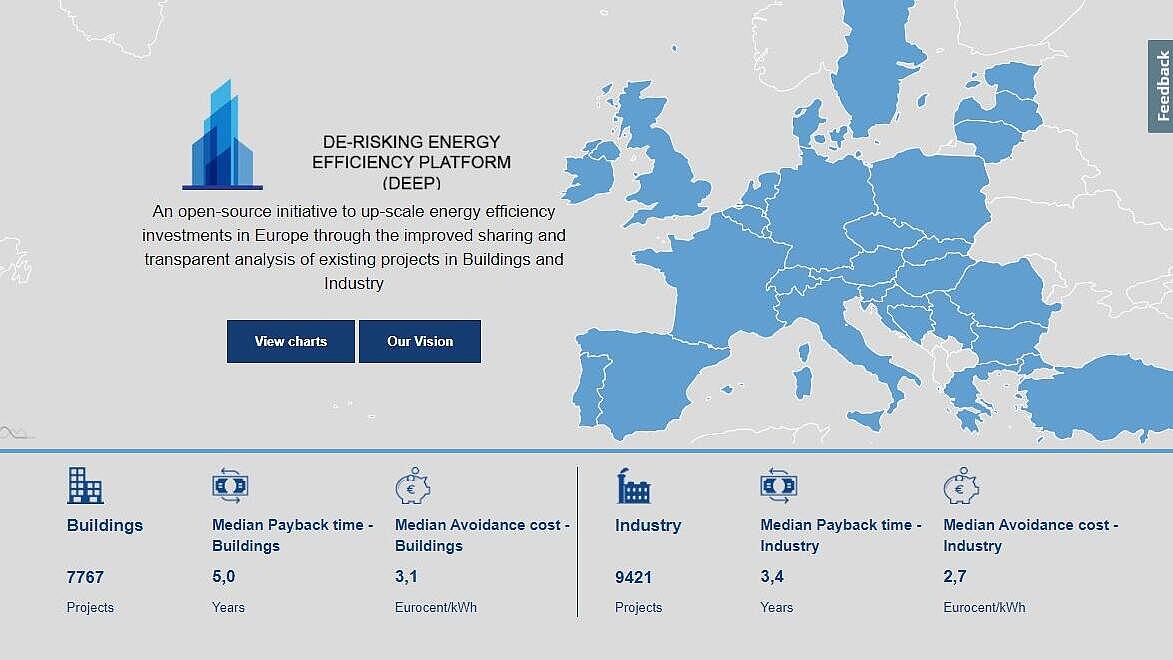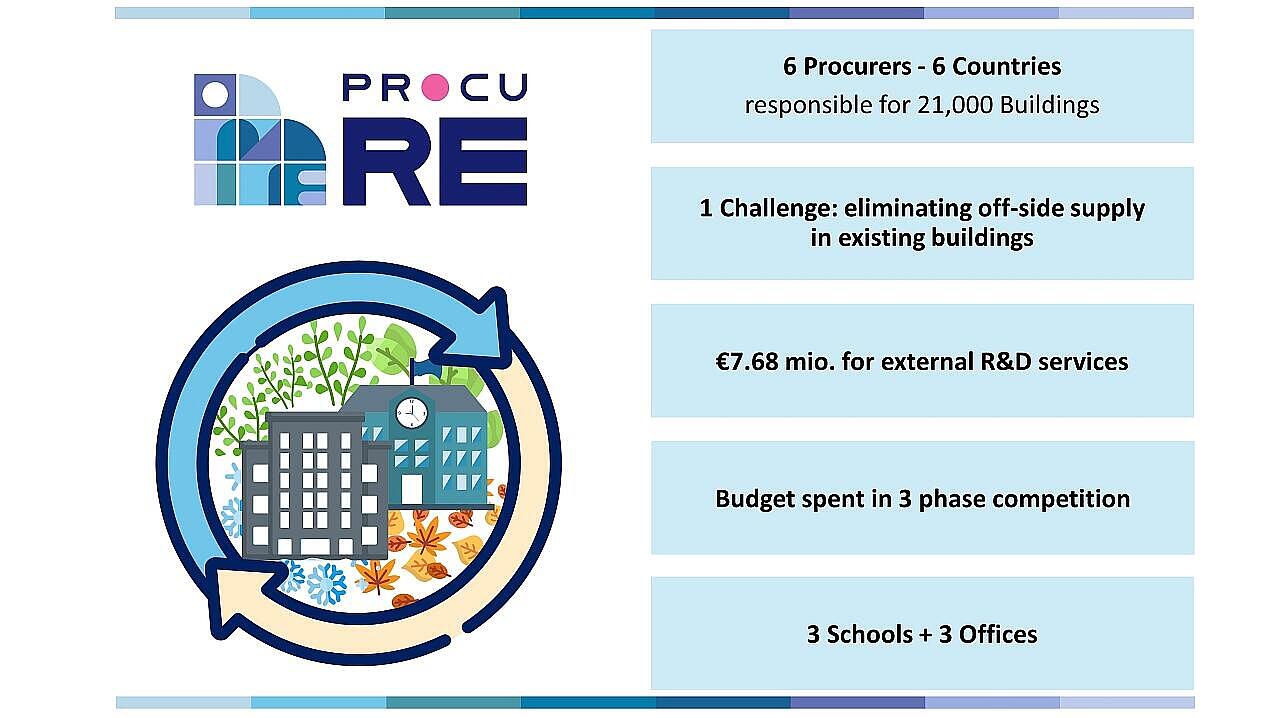 Finance
FinanceFinance
The BNEF report, commissioned by GFANZ, delves into the state of energy transition investment in Emerging Markets and Developing Economies (EMandDEs). The report highlights that while EMandDEs are responsible for nearly half of global greenhouse gas emissions, the inflow of capital for transitioning to low-carbon energy is insufficient. Capital flows have decreased post-COVID-19, with a diminished pipeline of new clean energy projects, reduced finance from development institutions, fewer policies, and a scaleback of private sector investment during 2020-2021. Despite these challenges, investments in renewable energy capacity in EMandDEs surged 40% in the past five years compared to the period from 2012-2016. Fossil-fuel fired capacity investments dropped by 25%, with renewables attracting 15% more capital than fossil fuels. However, overall energy transition investment remains stagnant, at a critical juncture where escalation is necessary. The report emphasizes the importance of collaborative efforts among policymakers, financiers, and private investors to establish frameworks within nations to foster the transition. Noteworthy advancements in zero-carbon technology and successful cases in some EMandDEs illustrate the potential for rapid progress under conducive conditions. Key findings include: 1. The current level of clean energy investment in EMandDEs falls short of the $1 trillion/year estimated by the IEA to achieve net-zero emissions by 2050. 2. Decarbonizing energy in EMandDEs, especially power generation, is fundamental for global CO2 reduction efforts, with over three-quarters of potential decreases stemming from this sector. 3. An investment gap has widened between developed and developing economies, with low-carbon energy technology investments rising to $785 billion globally in 2021 yet staying flat at under $67 billion in EMandDEs. 4. Public and private foreign direct investment (FDI) in renewables has plunged, reaching four-year lows in 2021. 5. The macroeconomic environment poses challenges, including the COVID-19 pandemic, supply chain issues, inflation, and rising interest rates, affecting overall FDI. 6. Renewable energy investments in EMandDEs increased significantly, led by solar and wind, while fossil fuel investments declined but remained substantial. 7. EMandDEs' current energy transition funding is not commensurate with the need for decarbonization, as developed nations attract disproportionately more investment per metric ton of CO2 equivalent emissions. 8. The COVID-19 pandemic and the Ukrainian conflict have affected emerging markets, with varying impacts depending on whether they are commodity exporters or importers. 9. Renewables are generally more cost-effective than fossil fuels, but financial, regulatory, and policy barriers hinder their deployment in many EMandDEs. 10. A limited number of EMandDEs have the necessary policies to attract climate finance; while many have set CO2 reduction goals, the implementation of concrete policies remains uninspiring. To conclude, the report underscores that effective policies and public-private collaboration are crucial to unleash energy transition investment and accelerate the move toward low-carbon economies in EMandDEs.
Read Full articleHow to finance industrial decarbonization
It will be essential to decarbonize industry. Debt financers, particularly banks, do not consider energy-efficient industrial equipment as an attractive lending proposition. Public-funded unsecured subordinated debt financing could be used to help.
Read Full articleKey role for Venture Capital in industrial decarbonization
Industrial decarbonization will require massive amounts of capital investment over the next 30 years. Venture capitalists believe there are significant returns to be made for first movers but also institutional investors and asset managers are in favor of playing a role.
Read Full article50 percent credit guarantee for energy efficiency projects in Vietnam
Vietnams energy consumption has been soaring in the past decade. The majority of its electricity is generated from burning coal, natural gas, and oil. Currently, the industrial sector of Vietnam constitutes up to 47 percent of national electricity consumption.
Read Full articleEnergy storage investments - bridging production and consumption
Spearmint Energy founder Andrew Waranch says we are at a tipping point. Texas power grid froze in 2021 after a surge of severe winter storms battered state. He says we need massive investment in our energy infrastructure, especially in energy storage.
Read Full articleDEEP 2.0 - De-risking energy efficiency through better reference data
The De-risking Energy Efficiency Platform (DEEP) is an open-source database for energy efficiency investments performance monitoring and benchmarking. It now includes data on more than 17,000 energy efficiency projects in buildings and industry from 30 data providers.
Read Full articleHow smart cities could use digital finance platforms
Digital finance is increasingly demonstrating its ability to overcome key barriers for smaller scale project finance. Few exist today but a growing number is in development driven by the need to mobilize private capital to support sustainable growth.
Read Full articleDigital financing platforms - a solution to finance smart city projects?
Do you know Jack Mas 3-minute loan? SME can get up to 300.000 USD within a few hours purely using an online service. Juergen Ritzek gives an overview on the state of play of digital financing platforms, structured into three groups.
Read Full articleMaking an impact
Impact investing aims to have a positive impact on key sustainability problems. Amy Clarke, founder of Tribe Impact Capital, says every investment is an impact investment. The Sustainable Development Goals (SDGs) are a good roadmap to all the areas where we need.
Read Full articlePre-commercial procurement for 100% renewable retrofits
The EU Horizon 2020 project procuRE is offering €7.68 million for RandD services in building technology and renewables. It is financed by the cities of Nuremberg (Germany), Istanbul (Turkey), Velenje (Slovenia),.
Read Full article








